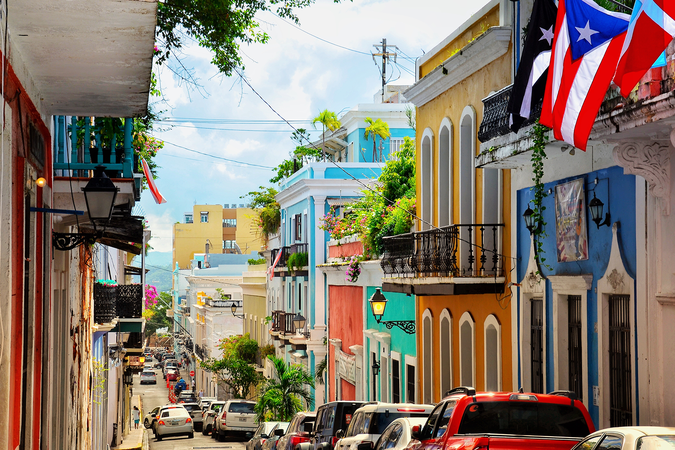New Episode of Resources Radio: “The Challenge of Diversity in the Environmental Movement, with Dorceta Taylor”
WASHINGTON, DC—Resources for the Future (RFF) today released a new installment of Resources Radio: “The Challenge of Diversity in the Environmental Movement, with Dorceta Taylor.”
These past few weeks, people across the United States have been horrified by the continuing violence against people of color. Resources for the Future has been working toward contributing energy and thoughtful work—not just words and statements—to support and incorporate diversity in our environmental mission. Toward that end, we are rebroadcasting this Resources Radio episode from last July with Dorceta Taylor.
In this episode, host Daniel Raimi talks with Professor Dorceta E. Taylor of the University of Michigan’s School for Environment and Sustainability (soon to be moving to the faculty at the Yale School of Forestry & Environmental Studies). Raimi asks Taylor about her research on the history of the environmental movement, focusing on issues of diversity, equity, and inclusion within environmental groups—both historically and today. While some progress has happened over the years, major challenges remain, and the field has plenty of room for improvement.
Notable quotes from the podcast:
- Diversity in the environmental field has fallen behind diversity of the nation: “In 1990, when we looked at the major environmental organizations, less than 2 percent of the staff were people of color. If we look at it today, we're around 16 percent … That's the good news. Bad news is, people of color in the United States are about 38 percent of the population. They are the fastest-growing sector if you look at the educational pipeline … By the year 2050, the United States will be a majority-minority country.” (12:15)
- Learning to notice racial disparities: “In 1990, when we had the first People of Color Environmental [Leadership] Summit, there was a white environmental leader there. And he said, ‘I had just not noticed that everybody in my organization was white.’ It's not that he's a racist; it's not that he necessarily intended to be racist. It's a question of what you see and what you don't see.” (14:43)
- Implications of recent events on environmentalists: Taylor writes in the accompanying piece, “Recent events should erase all doubts that race—blackness in particular—is inextricably connected with racism, violence, and gross inequalities in the home, on the street, in the park, and elsewhere in the outdoors. The events ... make it impossible for environmentalists to concern themselves only with the trees, flowers, wildlife, fresh air—and not the people and their experiences in the natural and built environment.”
Resources Radio is a weekly podcast series exploring timely environmental, energy, and natural resources topics. Episodes can be found on Apple Podcasts, Google Play, Soundcloud, Spotify, and Stitcher.
Resources for the Future (RFF) is an independent, nonprofit research institution in Washington, DC. Its mission is to improve environmental, energy, and natural resource decisions through impartial economic research and policy engagement. RFF is committed to being the most widely trusted source of research insights and policy solutions leading to a healthy environment and a thriving economy.
Unless otherwise stated, the views expressed here are those of the individual authors and may differ from those of other RFF experts, its officers, or its directors. RFF does not take positions on specific legislative proposals.
For more information, please see our media resources page or contact Media Relations and Communications Manager Annie Tastet.



